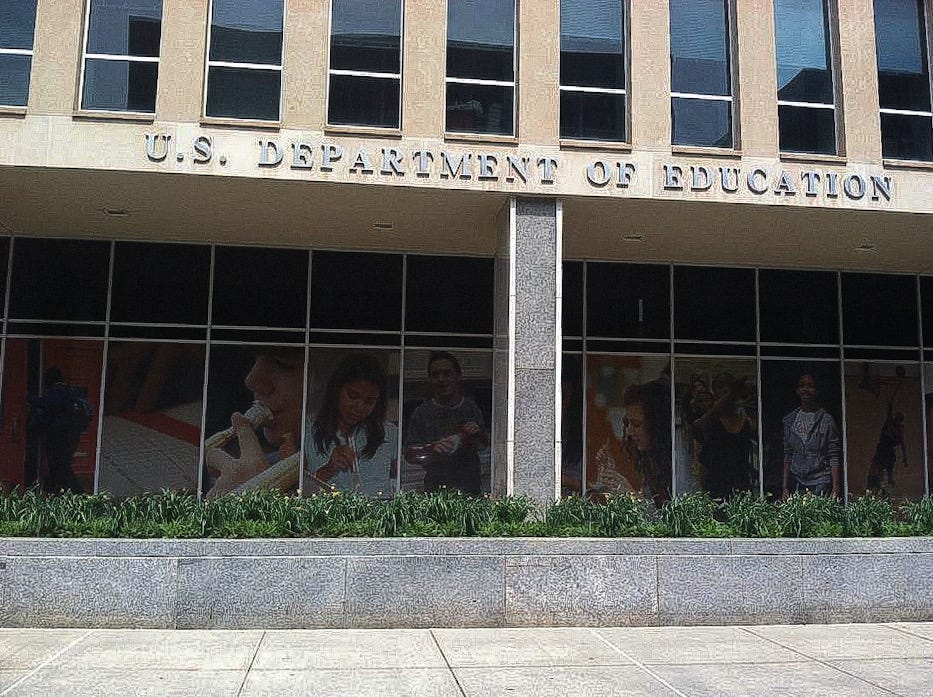We might find what our bureaucracies do, the hard way.
When a matter has been deliberated on at great length, it can happen, even before deliberations have ended, that suddenly, like lightning, in some unforeseeable place, which cannot be located later on, a directive is issued that usually justly but nonetheless arbitrarily, brings the matter to a close.
-Franz Kafka, The Castle
A few weeks ago, I wrote a piece on the South Carolina State Board of Education for the Center for Educator Learning and Wellness, which you can read here. Whether you’re from South Carolina or not, I think the labyrinthine process by which state educational decisions are made here shed some light on why we should be carefully watching the incoming presidential administration as it vows to remake government bureaucracy in its own image.
Peter Greene, as usual, has a great piece in Forbes (“Will Trump Really End the Department of Education?”) that tackles how realistic (or not) Trump’s promise to…
Keep reading with a 7-day free trial
Subscribe to Other Duties (as assigned) to keep reading this post and get 7 days of free access to the full post archives.




